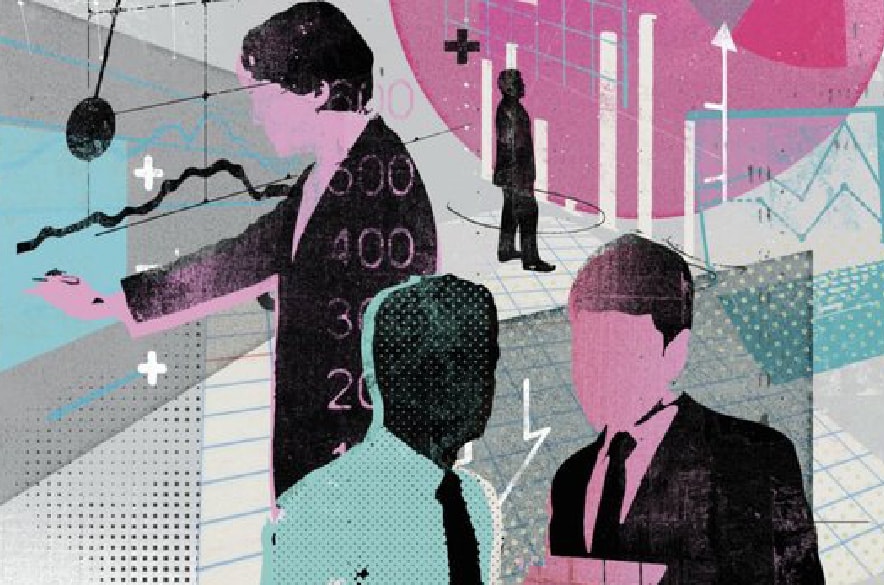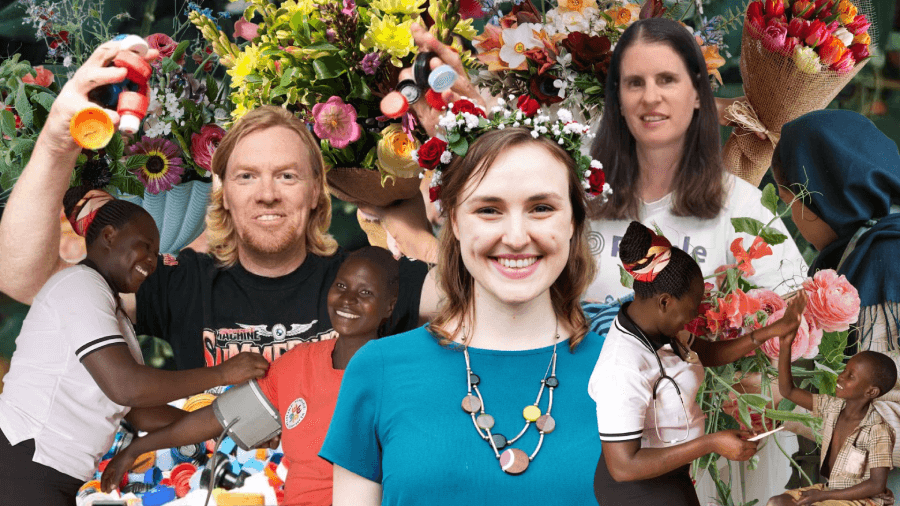Hearing input directly from your customers can be daunting for a social entrepreneur. You’ve likely put everything on the line for an idea that you believe in and while you know that seeking input from customers can be valuable, it can be a confronting exercise! Many entrepreneurs avoid research because of this, but those who do know that the payoff is big.
Cogent‘s teams of engineers, designers, product and business strategy folks work with entrepreneurs every day, helping them validate their ideas and grow their business. And they now also have a series of free Masterclasses to help inject some of their experience and expertise straight into your social change enterprise. Understanding customers is an essential component that helps turn your ideas into a successful reality.
Gathering input from customers can lead to new ideas, they can help you avoid risk and they can give you a pulse for how your decision making is going as you set up your social change business. There’s no time like the present to gather understand your customers. The product and business life cycle is iterative, and gathering evidence should be too.
It’s always a good idea to have a significant portion of your research done by someone other than you. Founder bias is real, and you can manage that by having someone less attached do your research for you. That doesn’t mean it has to be expensive though. Research can be cost effective and still have significant impact. You’ll want to find a researcher or designer who empathises with your position of founder and social entrepreneur.
When to know you REALLY need to do research
- The impact of getting it wrong is significant (time/money).
- Your team argue with words like, “I think it should work like…”.
- Your team don’t argue about how it should work.
- People sometimes say “Users think that…” when what they really mean is “I think that…”.
- You think it doesn’t affect the customer.
Making research cost-effective
Think about ‘gathering evidence’, not research. Research often invokes visions of focus groups, big reports and lots of planning. It doesn’t have to be this way.
There are plenty of Lean methods to make gathering evidence achievable. Understanding when to apply the right technique will ensure you don’t waste time and money sweating the small stuff, and when to apply the appropriate amount of rigour to decisions. For example, do you have the funding to correct a mistake if you’re wrong? Or do you know how long will it take to correct if you get it wrong?
It’s worth remembering that investors love evidence too. If you’re in fundraising mode, leverage your understanding of customers, what they want and how they’re responding to your product or idea and bring that evidence to the table.
Benefits of gathering evidence
Applying a little bit of evidence gathering throughout your product lifecycle (at east every month) will help you iterate in small increments. The wealth of knowledge you gather over the course of a year or two will be immense and you’ll benefit in a few key areas:
Innovation: Talking to customers will help you discover new opportunities. You might not act on these immediately, and you’ll want to identify trends but over time you’ll have a healthy innovation pipeline.
Validation: Seeking feedback on small, and large parts of your idea/product will help you avoid risk. Getting feedback doesn’t have to onerous. Sketches and other lo-fi prototypes can be used to communicate your idea and elicit useful feedback that you can iterate on.
Assessment: Gathering evidence is also appropriate to know how things are going in your existing product. Obtaining a baseline understanding of your product, and checking in regularly with customers to know if your product is continuing to meet their needs helps keep your finger on the pulse.
If you’d like to learn more about what it takes to build a successful business, then come along to the Cogent Campus Masterclasses. It’s a free ten-part program that helps turn great ideas in to thriving digital businesses. Each Masterclass focusses on one area of building a sustainable business. It’s free, and you can come to one or all ten Masterclasses.



